|
by Cailin O'Hara, MAcOM, LAc, Dipl OM Maybe you need to hear this in just this way right now. Some things that happen feel impossible to accept and find peace in. But that doesn’t mean you have to harbor it forever, stuck in the misery of it. How can you find some relief? How can you take the edge off of the searing pain so that you can breathe, sleep, eat, function? Sometimes the emotional pain is so intense, you feel like you can’t go anywhere near it... it seems like if you do, it will swallow you whole. It’s a pain that keeps on giving. There is the initial event that caused it and then the countless ways it unfolds into new levels of pain afterward. How can you get through this? What does it even mean to get through it? ... I understand. First of all, you can trust in the process of avoidance initially because it does serve you. It's ok to check out. You can’t expect yourself to accept what feels unacceptable, unimaginable, incomprehensible. One way to work with avoidance is to embrace it. This actually helps you become just a bit more present, a bit more HERE, a bit less likely to check out indefinitely. Give yourself space. The issue is when we check out so hard, dissociate, detach and aren’t engaging with our life at all. It's when we can’t find our way out of avoidance, when we're controlled by it, driven to drink, eat, overwork... anything to avoid how we feel. You don’t have to force yourself to accept what happened when you aren’t ready for that. One way I’ve found helpful is to instead accept how it makes you feel. ... An easier way in to the pain of it, to facing it, is to be with how you feel right here, right now. “I feel weak, despondent, disconnected, isolated, heavy, enraged, dead inside…” Whatever it is, just identify what it is that you feel. And then let yourself feel it. Let it be OK to have your feelings. You may then notice a separation- there is the you that is grieving, in pain, and there is the you that is observing that part of you. This can be a very comforting experience. You see that you are not your pain. You never will be. It is part of you, but not all of you. It’s like calling a petal a rose. It’s never rose, but it’s part of it. Your pain is one aspect, and when you can observe it as a part of you, give space for it, sit with it, stop running from it… it softens, it thanks you for being with it, it turns out to be like a crying child that all along really just needed to be held. You don't need to make sense of the pain, the trauma, the loss right now. Your feelings just need you to witness them, to hold compassionate space for them. So offer this to yourself. Accept yourself in your pain. You need it.
0 Comments
by Cailin O'Hara, MAcOM, LAc, Dip OM If you have experienced something traumatic, it can change everything: your life, your brain, your nervous system, your beliefs. But that doesn’t mean that you’re doomed to live in fear, panic and anxiety forever. ... I want to tell you about one of the most powerful ways you can help heal yourself if you have suffered from PTSD, past abuse or traumatic experiences. (hint: we all have) It is an epiphany that I personally experienced… and one that completely changed the way I connect with myself. It showed me the way out of the loop of anxiety and relieving past trauma and into my power and the truth of who I am. It is the realization of all realizations that I think is key in healing from past trauma. But you have to REALLY feel it. Doing so can immediately shift you out of anxiety-mode (flight or fight) and into a feeling of deep self-compassion (aka reconnecting with YOU). Most of us are not even aware that we have been traumatized, that our anxiety is actually a form of PTSD, stemming from past experiences that haunt our subconscious and become wired into our physiology. Anxiety is a response, not a problem. It asks us for our help. But we're afraid of it. It feels terrible. The more we focus on it, the more it seems to grow. It just spirals out of control. Anxiety can feel like a foreign entity that lives within us, making us feel unsafe, like we aren’t even safe in our own being. So what do we do? We run away. Sometimes literally, but generally, figuratively. We numb out, we distract ourselves, and we turn away from the feelings. But it’s the belief that our anxiety is scary, it’s the very act of running away from it, that actually prevents us from really healing and regaining our sense of peace. So, the revelation, the epiphany, the ah-ha moment that can change your life… It’s just you now. All of this running, this fighting against ourselves, the squashing of our feelings, the turning away from our own pain… it’s self-abandonment. The pain you feel is NOW. The fear you feel is NOW. The anxiety is NOW. But what caused it- those past experiences- are over. So what does that mean? It means what you are feeling now is just YOU. You're feeling how what happened to you affected you, how it hurt you, how it wounded you... THAT is what you’re feeling now: your feelings. This also means that there isn’t anything to be afraid of in the here and now, if you think about it. You are fearing yourself. You are fearing your own broken heart, your own traumatized body. And the more you push it all away, the worse it can feel. ... What's the answer? Trauma can fragment you. It can scatter you into pieces. And when it’s over, you are the one that can put you back together. You are the one that can compassionately hold space for yourself, comfort yourself, give yourself the unconditional love you need and deserve. And in no way does it mean that you’re “broken." In fact, I see it as a tremendous source of power. What if you leaned into these wounded parts of yourself? What if you had a compassionate conversation with them? What if you imaged yourself holding them, telling them it’s ok, that you love them? ... Trauma is not something you ask for, but it can teach you how to love yourself in a way that maybe nothing else can… and that kind of love can make you unstoppable. That’s what it has given me. That’s what I hope it gives you. ...
|
| Find someone that you enjoy talking to because if you don't have a good connection, it's a waste of your time. You won't feel safe and comfortable opening up to someone you don't particularly like. A counselor who is a good fit for you can make your journey "through it" a much easier and enlightening one. |
| If you're experiencing difficult emotions or haunting memories, it can be very overwhelming. Generally people disconnect (often unintentionally) from themselves, their bodies, their environments and/or their relationships as a way to cope with these overwhelming feelings. You may get stuck in a flight-or-fight response, feeling perpetually on edge that something horrible is about to happen. You may also experience flashbacks that cause you to lose touch with where you are and what's happening around you. |
...
Yoga/Tai Chi
Exercise/Movement
Meditation
Acupuncture
Wash the dishes :)
The Body Keeps the Score: Brain, Mind and Body in the Healing of Trauma by Bessel van der Kolk
The Body Remembers: The Psychophysiology of Trauma and Trauma Treatment by Babette Rothschild
Reinventing the Body, Resurrecting the Soul by Deepak Chopra
Minding the Body, Mending the Mind by Joan Borysenko
The Places that Scare You by Pema Chodron
| Developing a deep sense of compassion for yourself will take practice, but I promise you it is mandatory if you truly want to heal. Compassion means you learn how to soothe yourself. It means you're kind to yourself above all else. It means you don't make life worse for yourself by telling yourself negative things, stressing yourself out or putting yourself in unhealthy situations. |
Resting when you're tired
Soothing yourself with a bath when you're overwhelmed
Cancelling plans you aren't interested in
Listening to your needs
...
Most of us have this awful tendency to downplay our needs and our worth. If you have past trauma, this may be your tendency most of the time. You need you, above all else, in order to heal. So step up, be your own hero, and take the best damn care of yourself that you can. You will be amazed at how comforting it will feel when you finally treat yourself with the respect and love that you always deserve.
...
Other articles you may like...
My Approach:
Pillars of My Practice
"The body keeps the score. If the memory of trauma is encoded in the viscera, in heartbreaking and gut-wrenching emotions, in autoimmune disorders and skeletal/muscular problems...this demands a radical shift in our therapeutic assumptions."
-Bessel Van Der Kolk, MD
There are many methods, which generally involve counseling. Finding the right counselor for you can be invaluable when you're navigating PTSD, trauma and anxiety.
However, sometimes it's not enough.
Sometimes we need a more integrative approach to healing.
A patient is attempting to process a traumatic experience from years before. They feel like after that traumatic experience, they haven’t been the same. They don’t sleep well. They feel on edge. They experience a sensation of anxiety in their body that feels like they're shaking from the inside out. Sometimes their heart races, and they can’t feel their legs. These experiences impact their life every single day. They’ve been working with their therapist, and it helps quite a bit, but they aren’t making the progress they want to make. And sometimes, talking about their experience worsens their anxieties.
The traumatic experience could have been emotional, physical, environmental, sexual… the effects are similar in all cases. Fear, hypervigilance, sleep disturbance and feeling disconnected from yourself, your body or your life are some examples of the effects of trauma.
Pillars of My Practice
Healing at the Root
I practice a fusion of medicine rooted in Traditional Chinese Medicine (TCM).
According to TCM, everything is connected: mind, body and spirit. In fact, working with the emotions and our “spirit” is considered an essential aspect of treatment for any symptom or disease in TCM. Your spirit is the essence of who you are and what makes you uniquely you. This aspect of Chinese medicine is the foundation of my practice of medicine.
I see everything as interconnected. |
Another core aspect of my approach is what I refer to as “body-centered medicine,” which means I treat the body in order to affect the whole being.
This method is based on the fact that our body holds our history. It is also rooted in the idea that we all possess the innate ability to heal. Working with the body creates a powerful healing effect across all levels: physical, mental, emotional and spiritual.
In order to access our own healing potential, we must restore harmony to imbalanced systems in the body and mind. |
Why is working with the body so powerful when it comes to balancing emotions and healing past trauma? It treats the roots of emotional experience.
A primary condition we treat through the lens of TCM is called stagnation. Stagnation implies there is some sort of holding pattern that is creating a lack of movement, which then creates an array of symptoms (from pain to anxiety to fatigue and so on). Without healthy movement and flow in our bodies or minds, disease and bothersome symptoms arise.
In the case of trauma, an experience or event sends a shockwave through our entire system that has lasting effects of stagnation. We can become "stuck" or stagnated in the experience- physically, mentally and emotionally. But here's the amazing part... we can treat the roots of trauma and anxiety by unlocking these stuck places in the body.
This means that the effects of traumatic experiences that have become stuck in a holding pattern in our body and minds finally have the opportunity to be set free. |
We let it move through us, and then we let it go.
Interested in working with Cailin?
Schedule a complimentary consultation.
Author
Dr. Cailin O'Hara, DACM, Dipl OM, LAc, is a nationally board certified Doctor of Chinese Medicine and Acupuncture, intuitive and coach. She is based in Phoenix, AZ, and works with clients worldwide.
Archives
March 2022
August 2020
April 2020
March 2020
October 2019
August 2019
July 2019
June 2019
May 2019
April 2019
March 2019
February 2019
January 2019
November 2018
October 2018
September 2018
May 2018
April 2018
January 2018
December 2017
November 2017
October 2017
September 2017
April 2017
March 2017
January 2017
Categories
All
Acupuncture
Anxiety
Back Pain
Chinese Medicine
Chronic Pain
Cosmetic Acupuncture
Cupping
Depression
Does Acupuncture Hurt?
Eating Disorders
Emotional Trauma
Empowerment
Energy Healing
Facial Rejuvenation
FAQs
Fatigue
Fear
Fibromyalgia
Food
Grief
Healing
Intention
Intuition
Journaling
Law Of Attraction
Letting Go
Meditation
Neck Pain
Nutrition
Pain
Panic Attacks
PTSD
Recipes
Sciatica
Self Care
Self-Care
Self-Esteem
Self Love
Skin Care
Stress
Truth



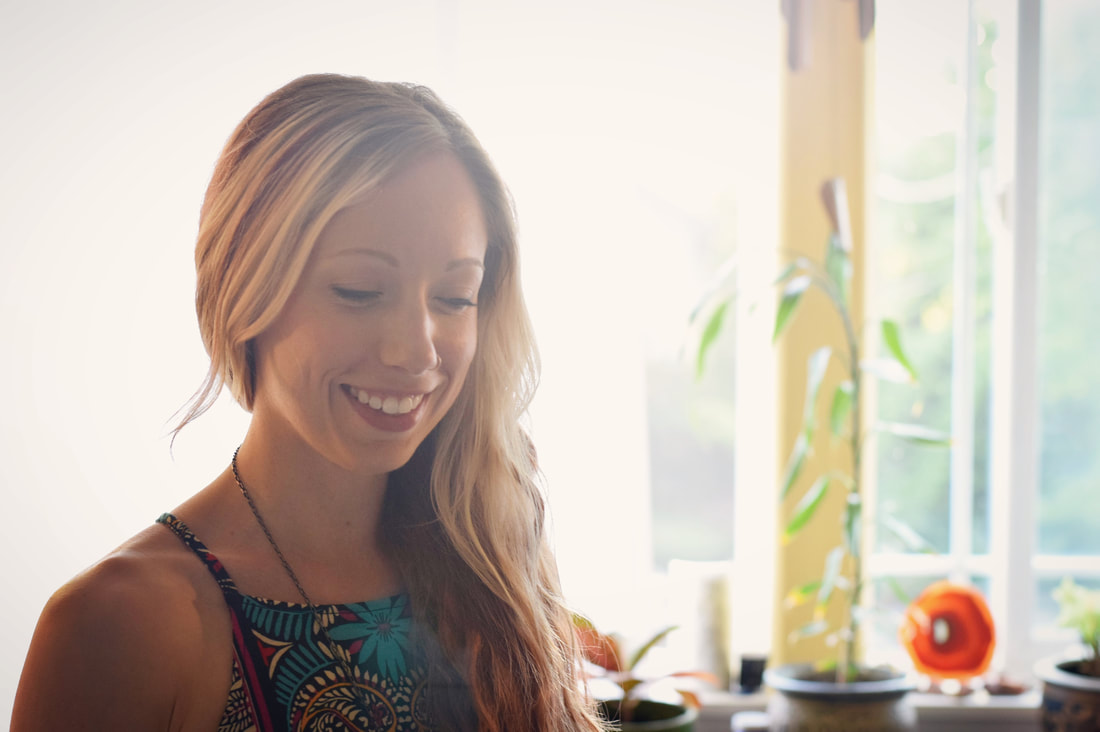
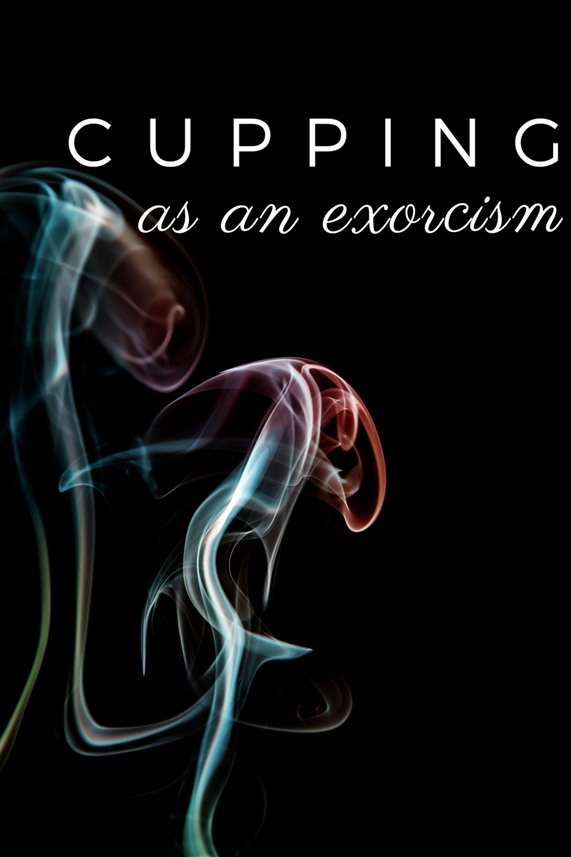

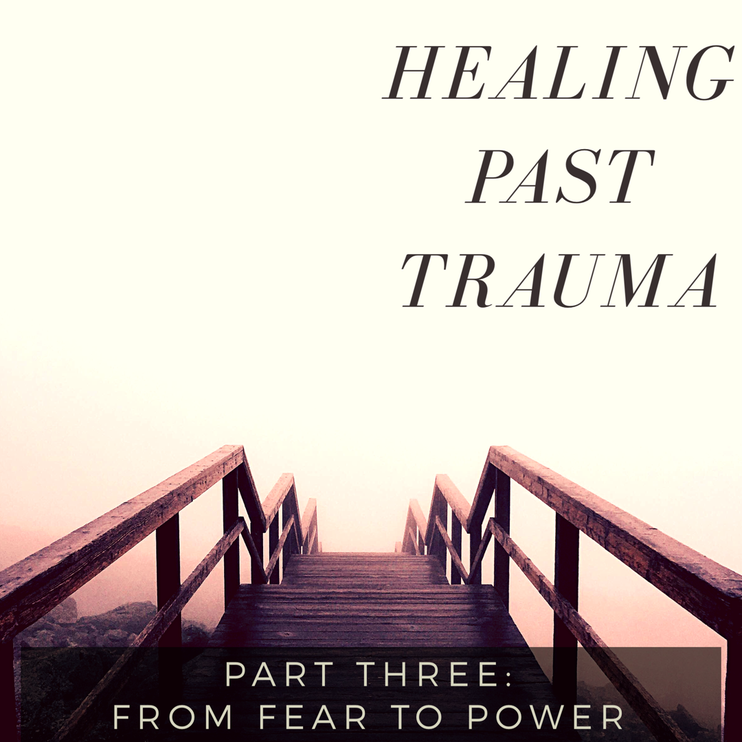




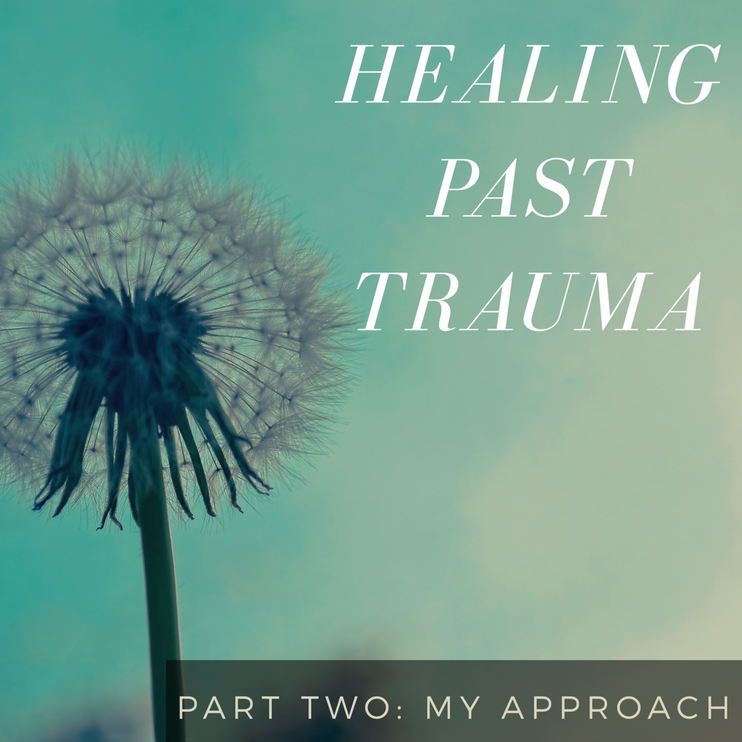


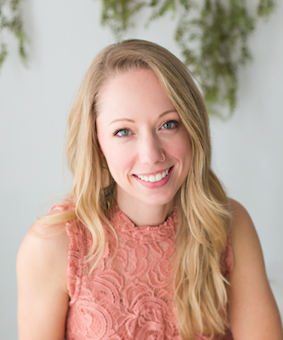
 RSS Feed
RSS Feed